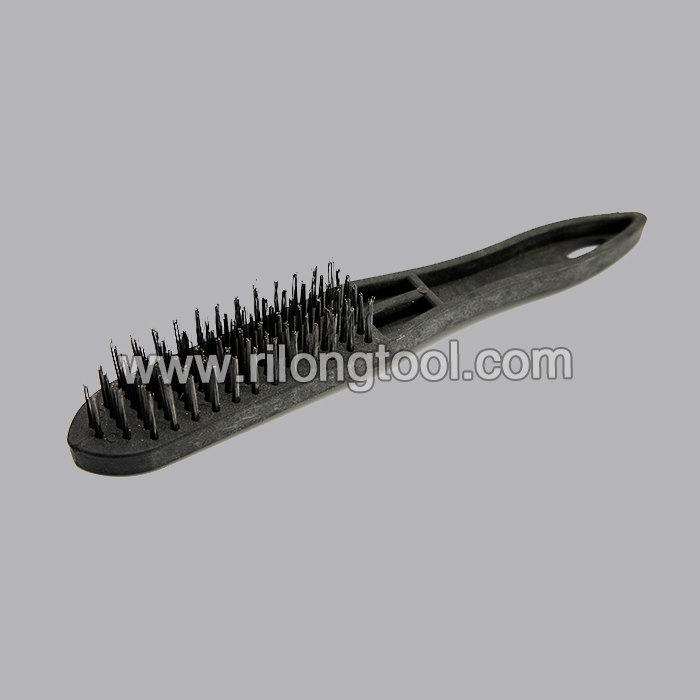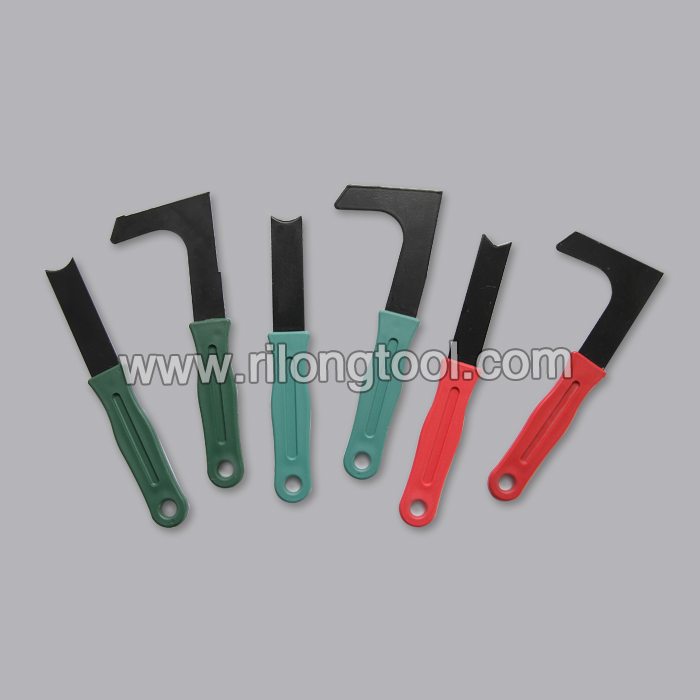Fast delivery for Various kinds of Industrial Brushes to South Africa Importers
Short Description:
Product Detail
Product Tags
With our excellent management, strong technical capability and strict quality control system, we continue to provide our clients with reliable quality, reasonable prices and excellent services. We aim at becoming one of your most reliable partners and earning your satisfaction for Fast delivery for Various kinds of Industrial Brushes to South Africa Importers, Inspired by the rapid developing market of the fast food and beverage consumables all over the world , We are looking forward to working with partners /clients to make success together .
Basic Information
■Model Number: RL-B002
Additional Information
■Material: Steel
■OEM: Acceptable
■Samples: For FREE
■Delivery Time: Always 30 working days depending on the order quantity
■Packing: By standard cartons
Product Description
■Ningbo Rilong Hardware Tools Factory can supply various kinds of industrial brushes with very cheap prices.
Product Image
Irwin Tools 1402L3 6LN Original Long Nose Locking Pliers, 6-Inch
Best Price https://az.sb311.com/B00004YO5N
Irwin Tools 1402L3 6LN Original Long Nose Locking Pliers, 6-Inch Details:
~ 6″ with a jaw adjustment up to 2 1/4″
~ Curved jaws, knurled tips and wire cutter
~ Lock on instantly and release quickly
~ Adjust to plier action
~ Long nose plier
Get More Reviews and Discount Price Now https://az.sb311.com/B00004YO5N
Irwin Tools 1402L3 6LN Original Long Nose Locking Pliers, 6-Inch Best Price
Irwin Tools 1402L3 6LN Original Long Nose Locking Pliers, 6-Inch Best Deal
Irwin Tools 1402L3 6LN Original Long Nose Locking Pliers, 6-Inch Discount Price
Irwin Tools 1402L3 6LN Original Long Nose Locking Pliers, 6-Inch Promo Code
Irwin Tools 1402L3 6LN Original Long Nose Locking Pliers, 6-Inch Reviews
Irwin Tools 1402L3 6LN Original Long Nose Locking Pliers, 6-Inch Actual Review
Irwin Tools 1402L3 6LN Original Long Nose Locking Pliers, 6-Inch Online Store
https://www.toolbank.com/0/p/BESKR602K
Anywhere where high pressure clamping, 90º clamping or powerful spreading is required the new BESSEY K body REVO clamp is the ideal tool.
The BESSEY K body REVO clamp is also ideally suited for accurate adjustment of corners and offset edges.
Your benefits at a glance:
1 Parallel clamping surface with jaw protection caps.
The extremely large flat clamping surfaces made of impact and break resistant polyamide are extremely powerful and exactly parallel. The three removable pressure caps are repellant to glue, replaceable and are also resistant to paint and grease solvents.
2 A moveable fixed jaw.
For the first time ever, BESSEY offers the opportunity to adjust both jaws to optimise clamping preparation. With the push of a button the fixed jaw can be moved to where you want it – eliminating a great deal of work piece balancing before glue is applied.
3 2-component plastic handle.
High-quality 2-component plastic handle in polypropylene (PP) with soft plastic insert for comfort while working.
4 Protective workpiece contact elements.
The workpiece contact elements made from impact resistant polyamide prevent direct contact by the workpiece on the rail when the clamping surface is fully deployed. With TK6 table clamps it is easy to fasten the K body REVO clamps.






